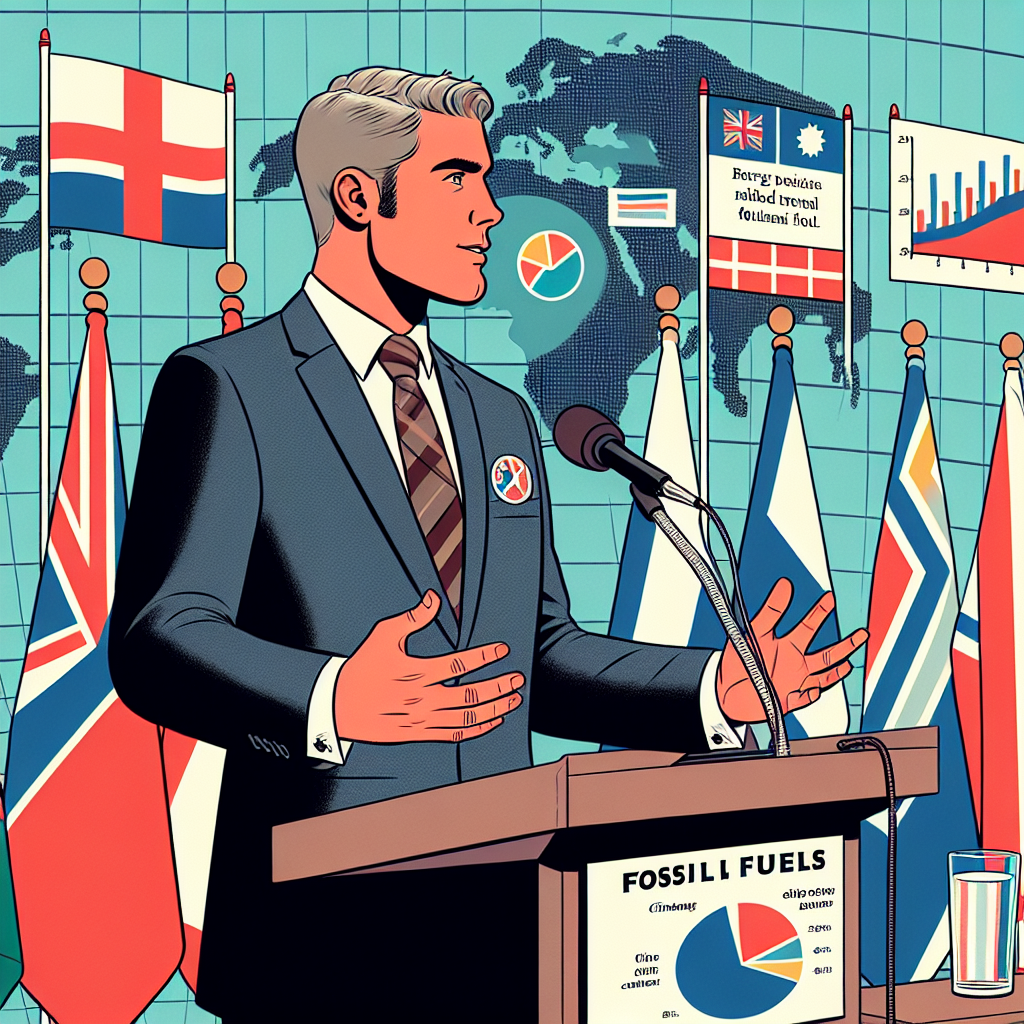Chris Wright, the fracking mogul and probable next U.S. energy secretary, presents a moral argument in favor of fossil fuels. In his speeches and podcasts, he asserts that the world’s poorest people require oil, gas, and coal to experience the benefits of modern life that Americans and others in wealthy nations take for granted. According to Mr. Wright, only fossil fuels can bring prosperity to millions who still rely on wood, dung, or charcoal for basic needs such as cooking and heating.
On the “Mission Zero” podcast last year, Mr. Wright stated, “It’s just, I think, naïve or evil, or some combination of the two, to believe they should never have washing machines, they should never have access to electricity, they should never have modern medicine. We don’t want that to happen. And we simply don’t have meaningful substitutes for oil, gas, and coal today.”
However, Mr. Wright’s argument ignores the fact that renewable energy sources such as wind and solar are cleaner and increasingly more affordable than fossil fuels. The International Energy Agency reports that clean energy is being adopted globally at an “unprecedented rate” and will play a significant role in the future. In some areas, renewable energy has been able to replace fossil fuels.
Furthermore, Mr. Wright fails to acknowledge the climate impacts of burning more fossil fuels. Climate change is already having a disproportionate effect on poor nations, which are less equipped than wealthy countries to handle the consequences of global warming, such as rising sea levels, extreme weather, and drought.
Joseph Curtin, a managing director at the Rockefeller Foundation, which is working on expanding clean energy access in poor countries, commented, “It’s pretty self-serving for the fossil fuel industry to assume that the future will look exactly like the past.” He added, “It’s important to recognize that the future is not set in stone, and we have the ability to shape it.”
The appointment of Mr. Wright as energy secretary raises concerns about the future of clean energy and climate action in the United States. It remains to be seen how his views on fossil fuels will impact energy policies and the environment. However, it is clear that the transition to clean energy is crucial for addressing climate change and promoting sustainable development globally.

